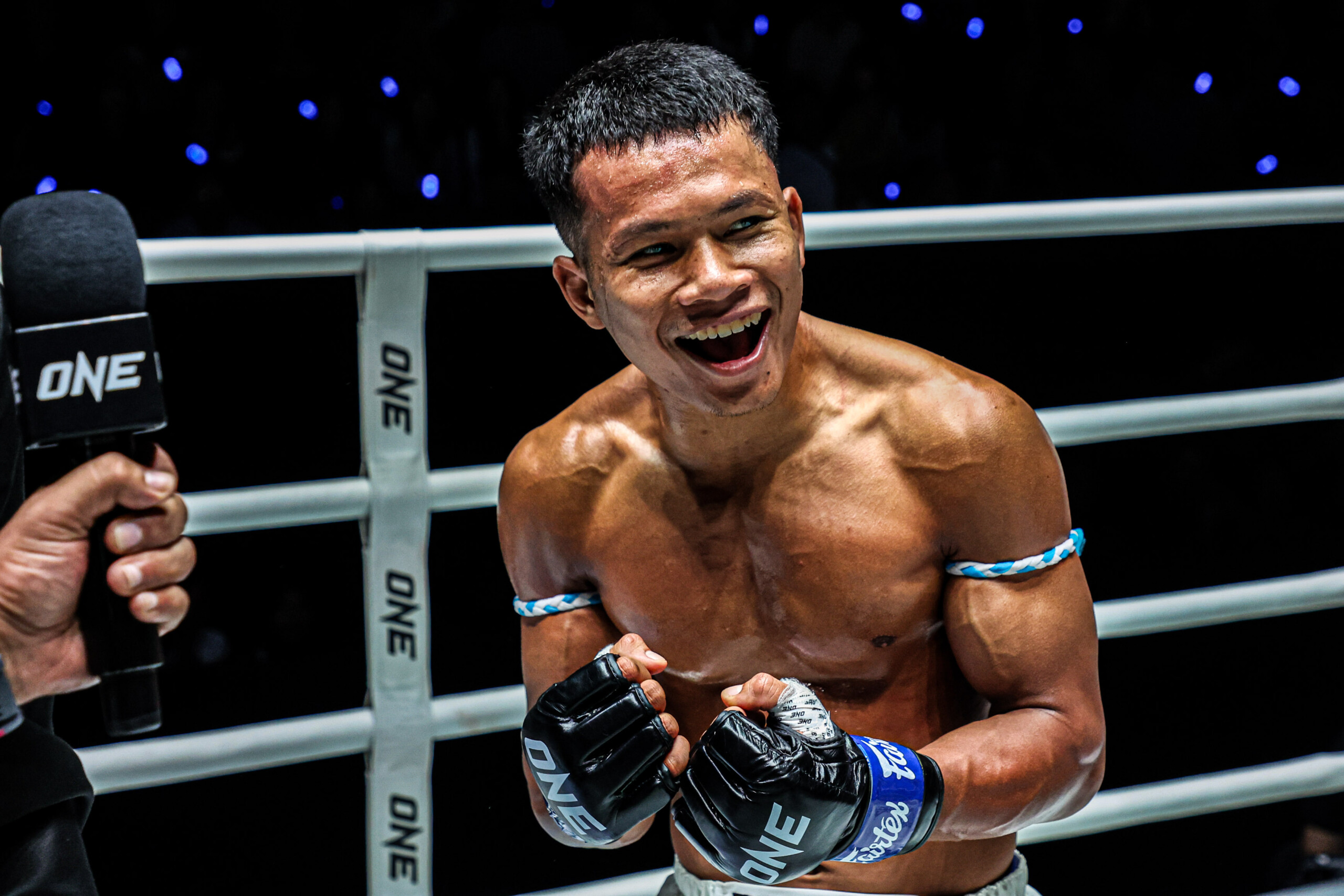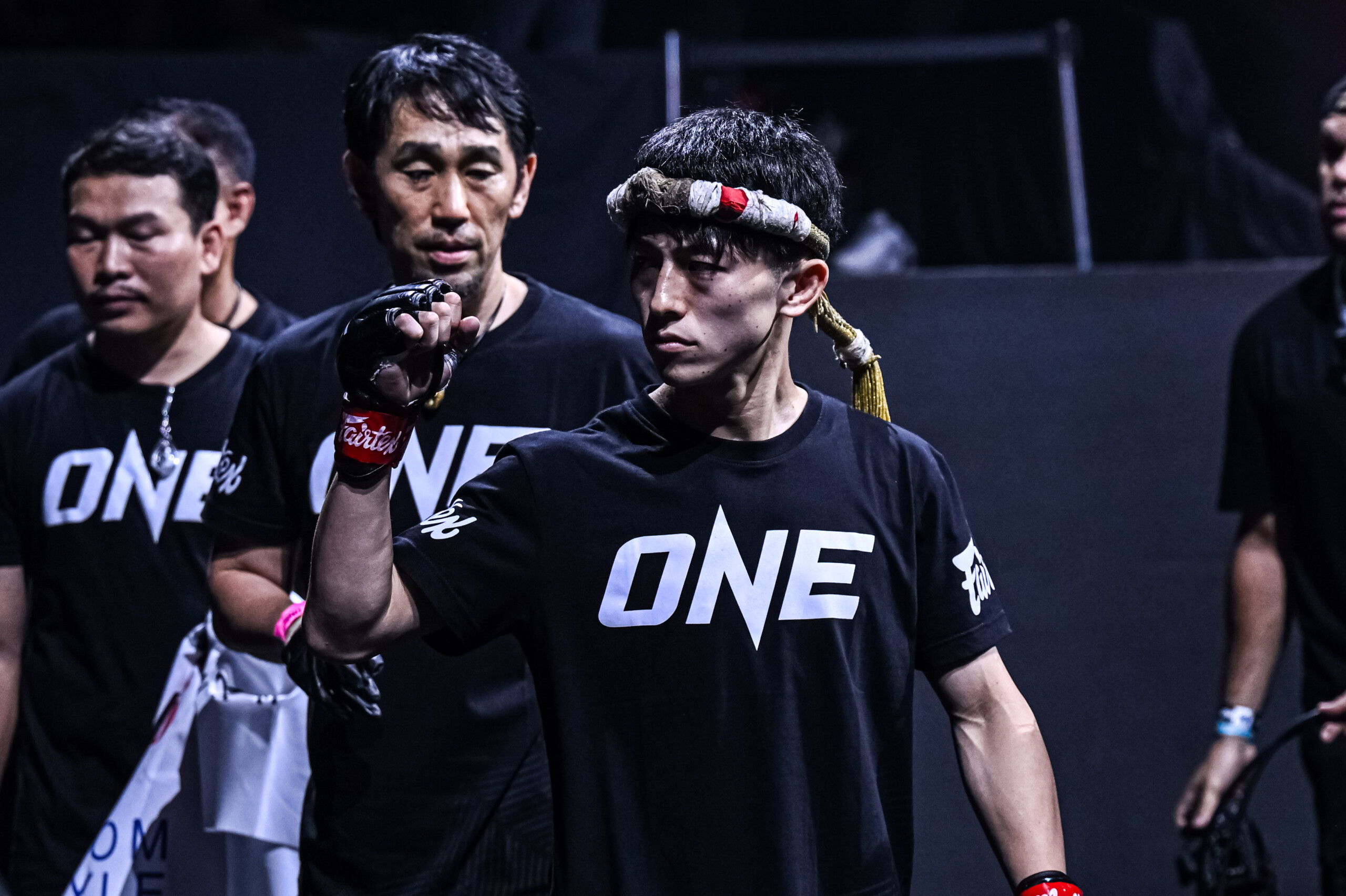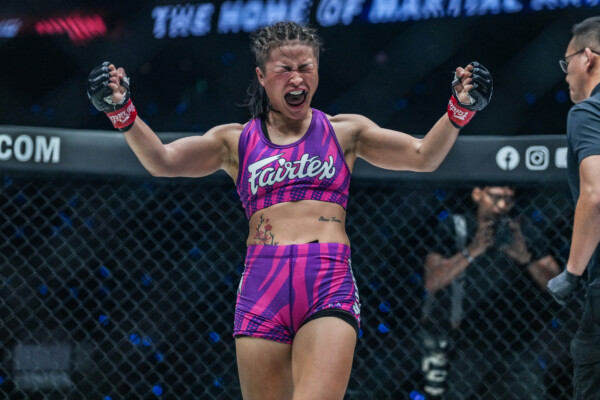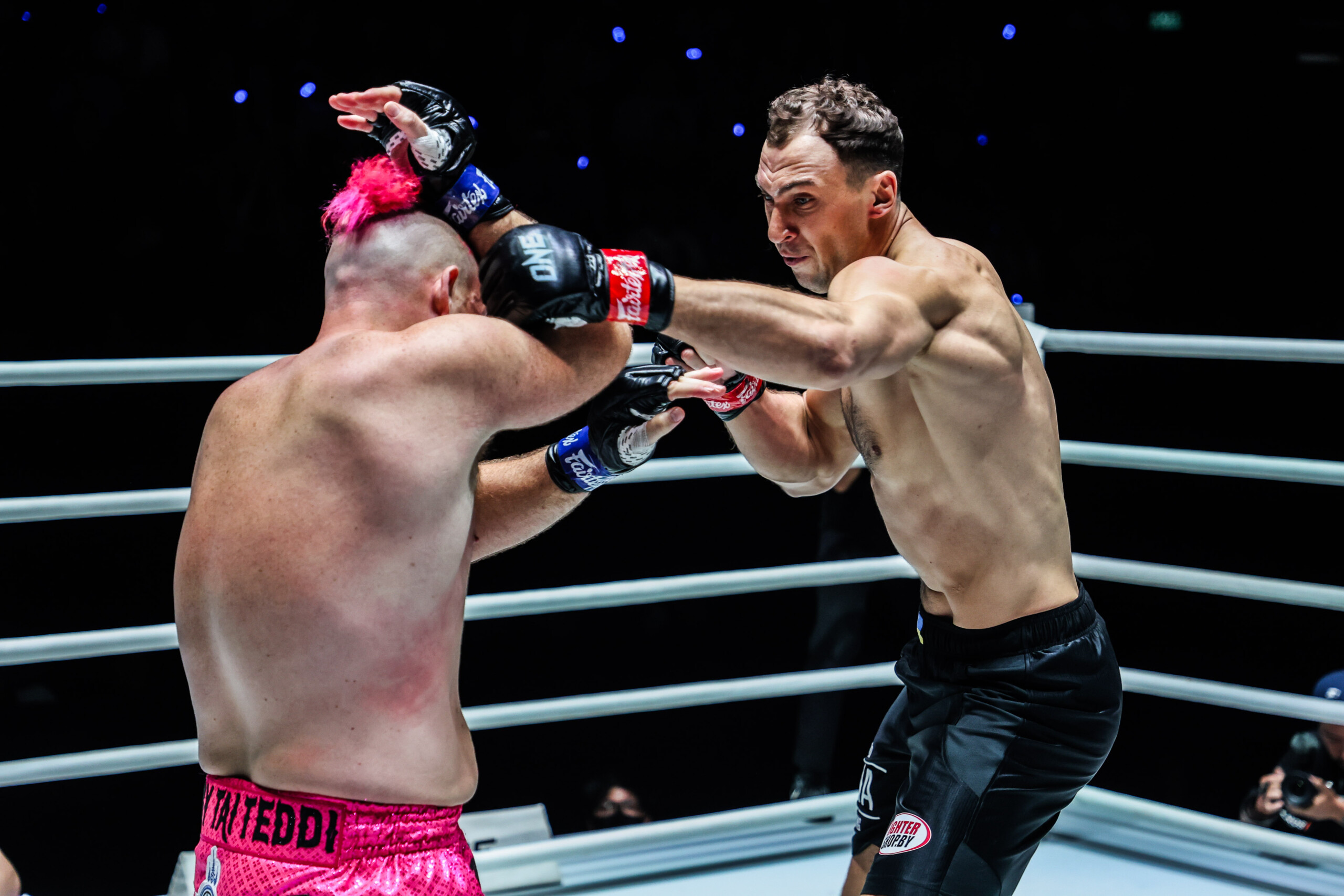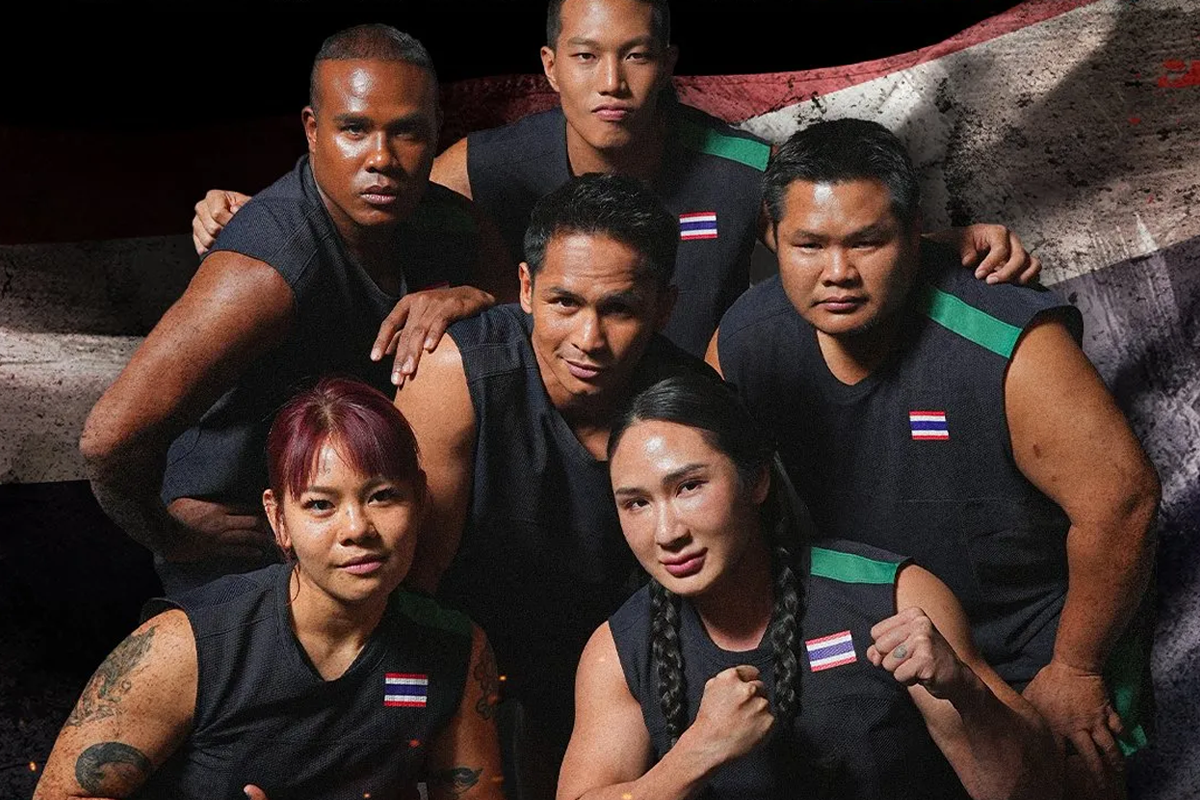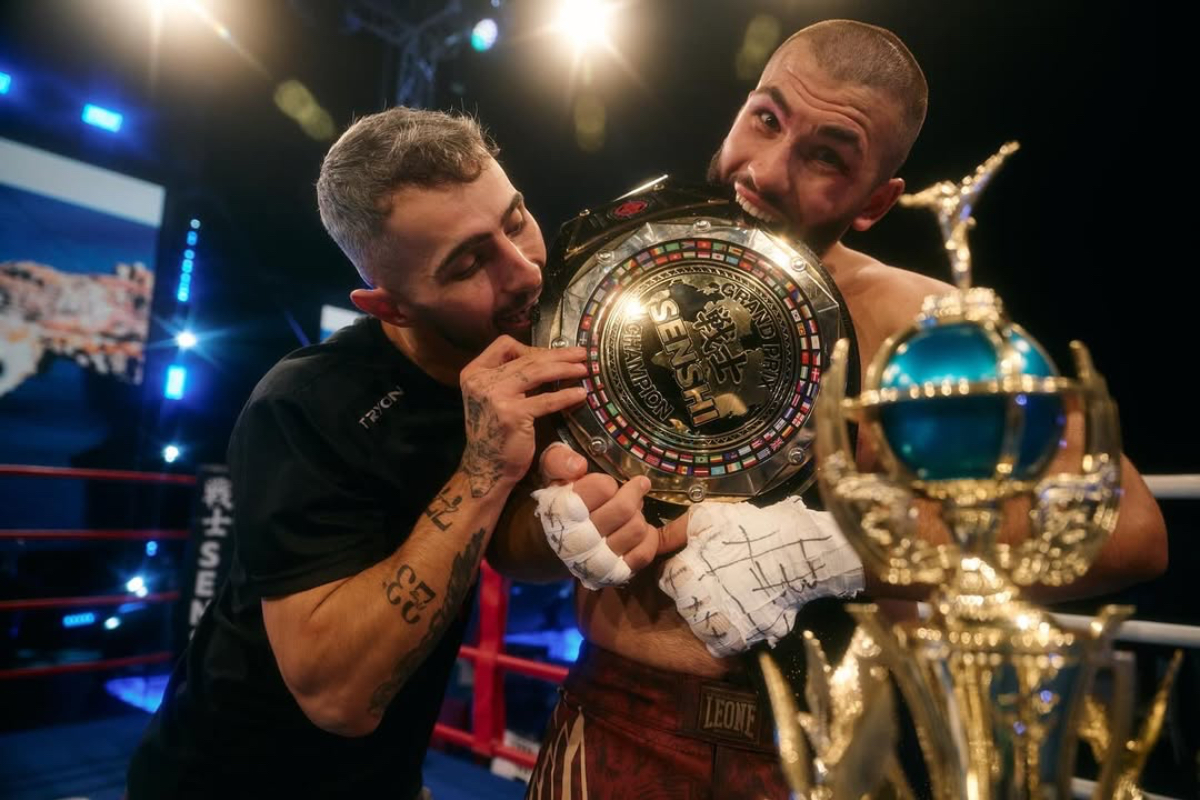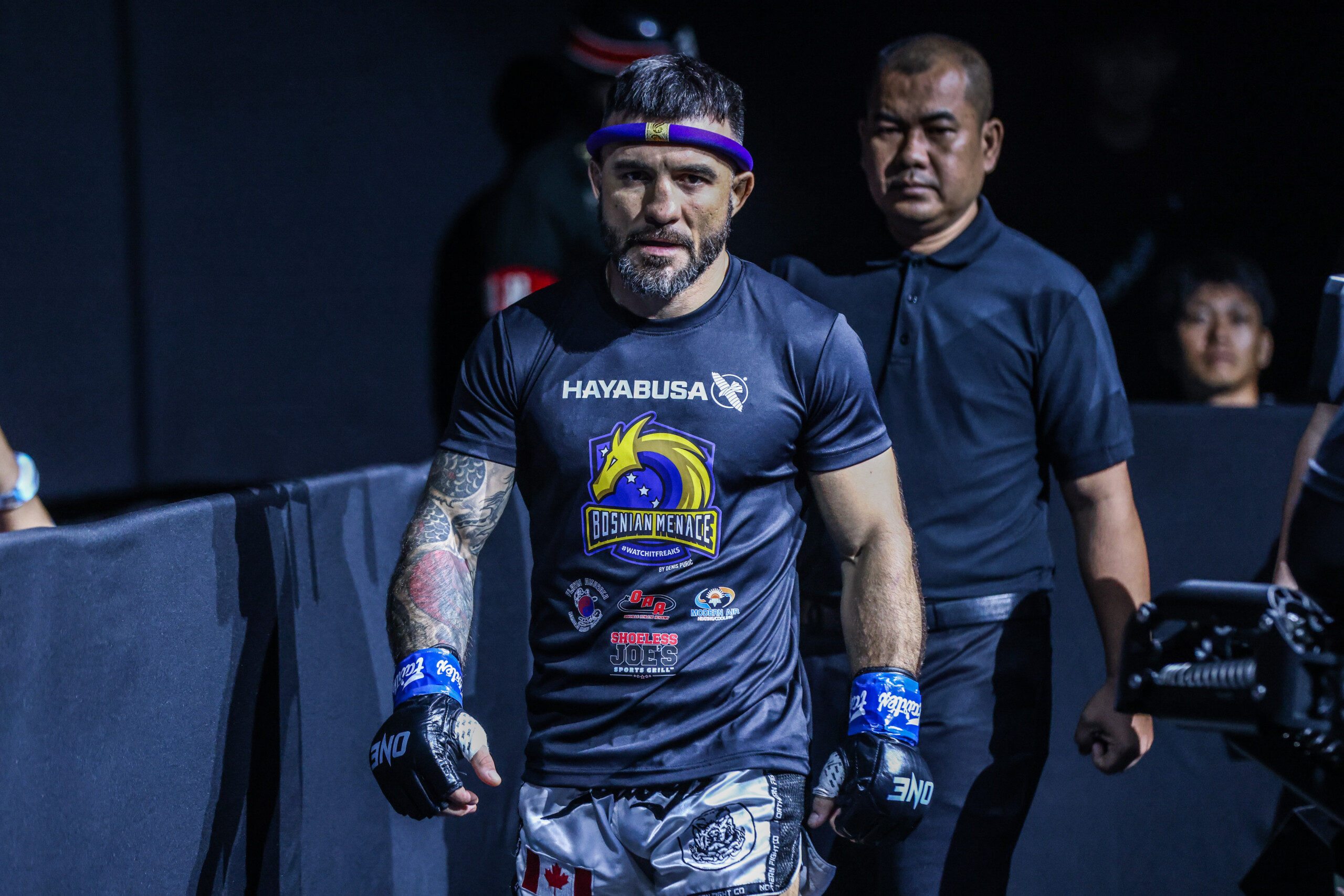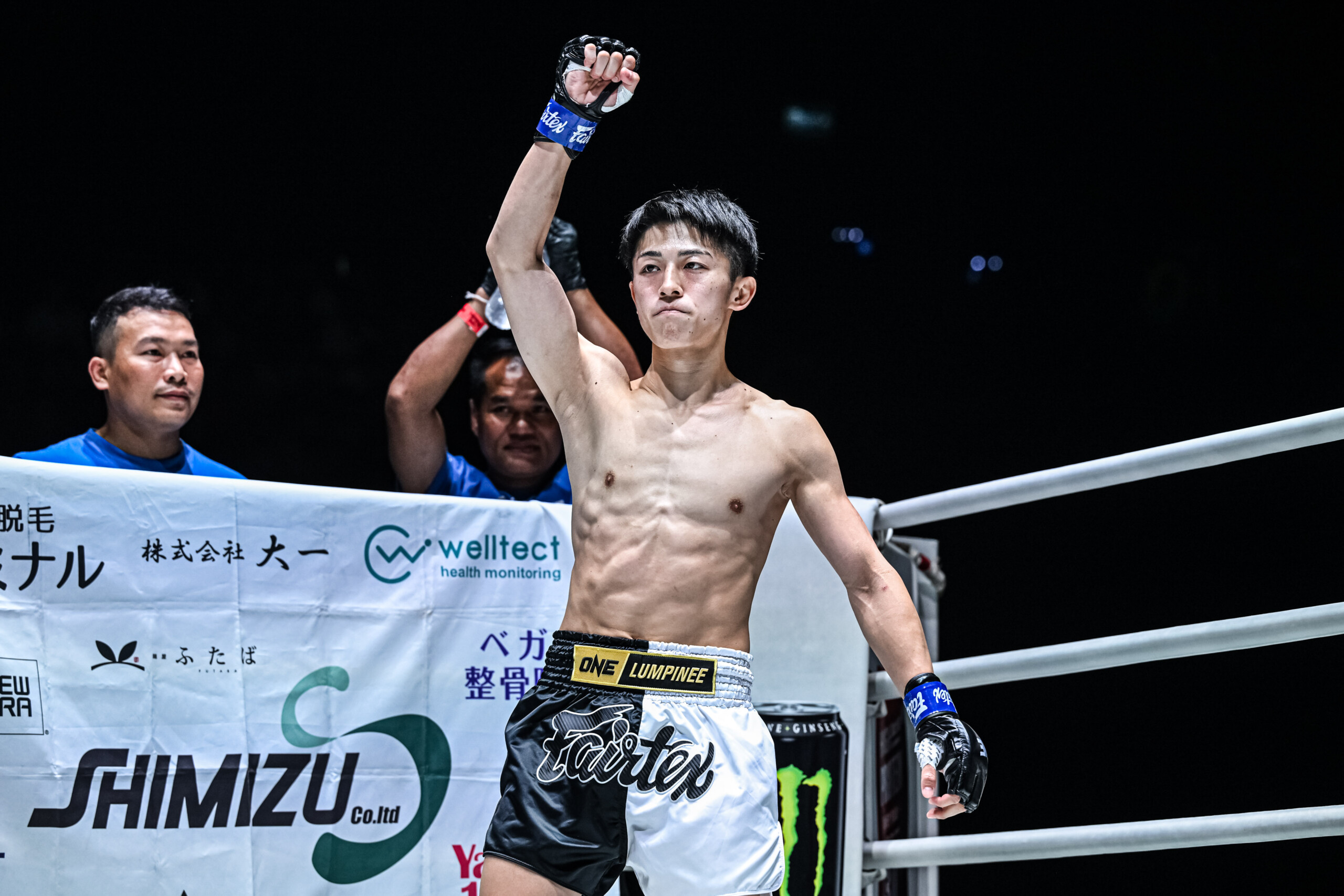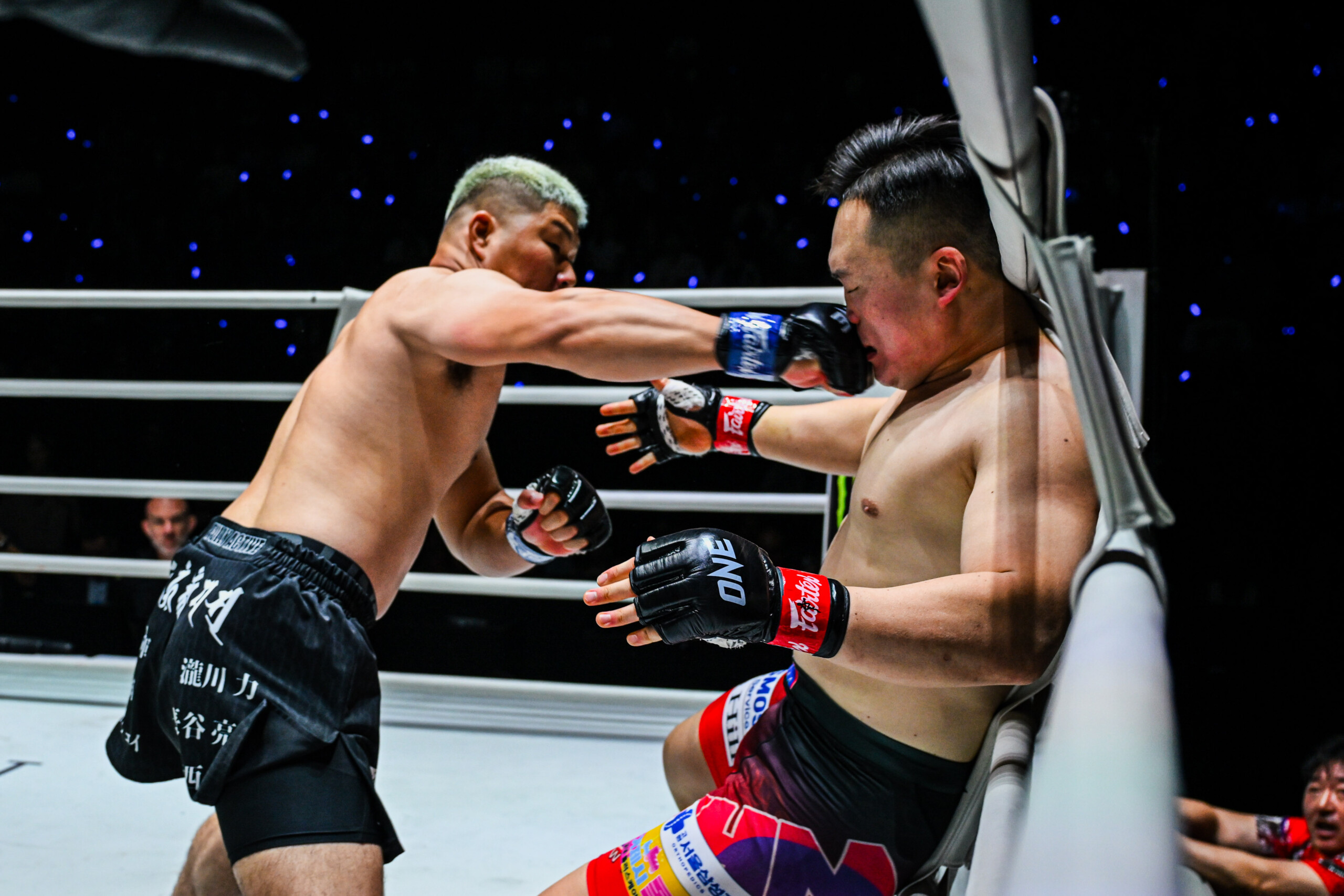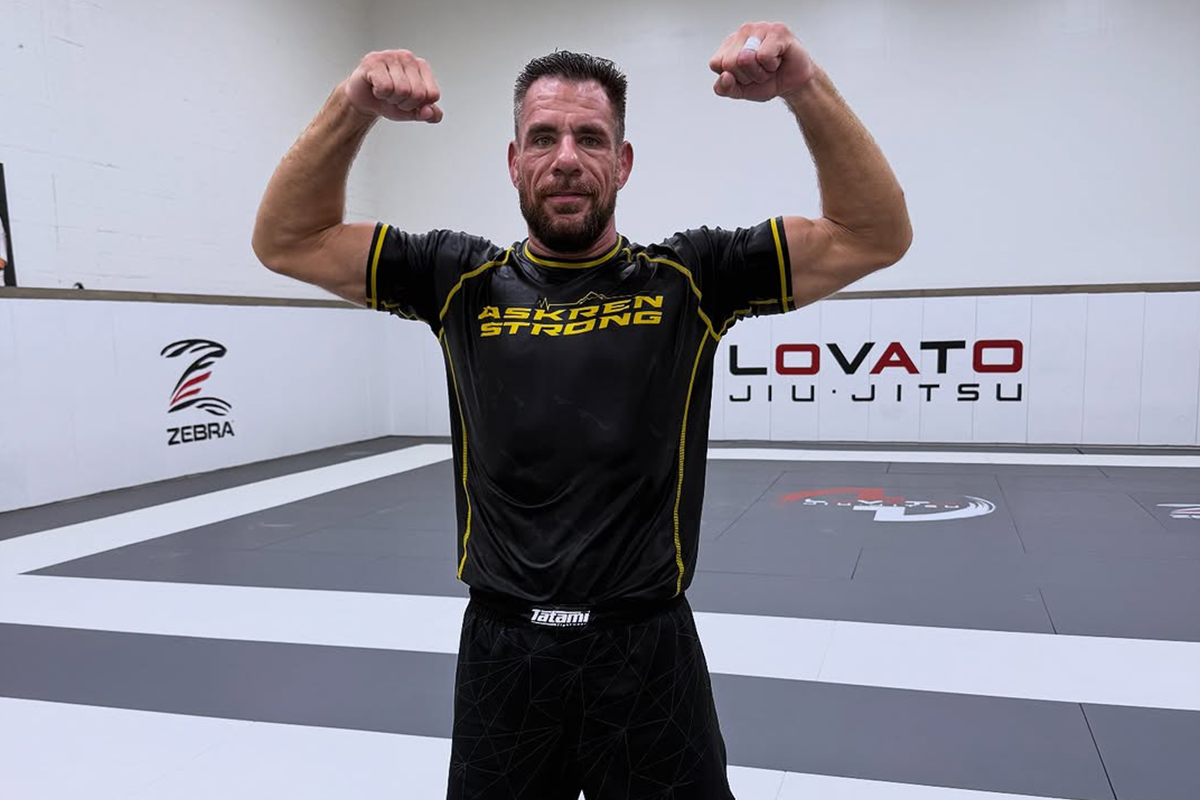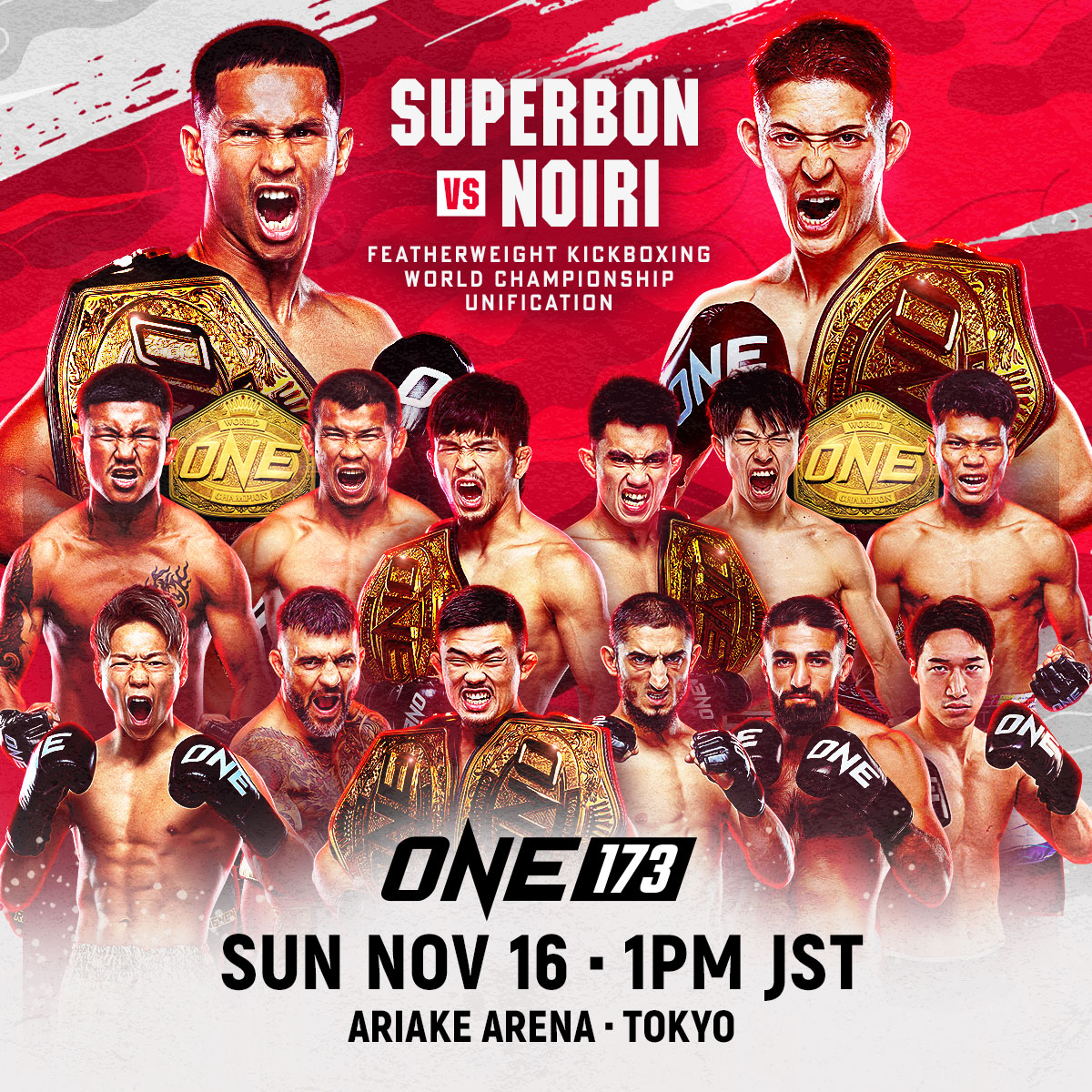‘I Have To Keep Pushing’ – Takeru Opens Up About Battle With Depression And Panic Disorder
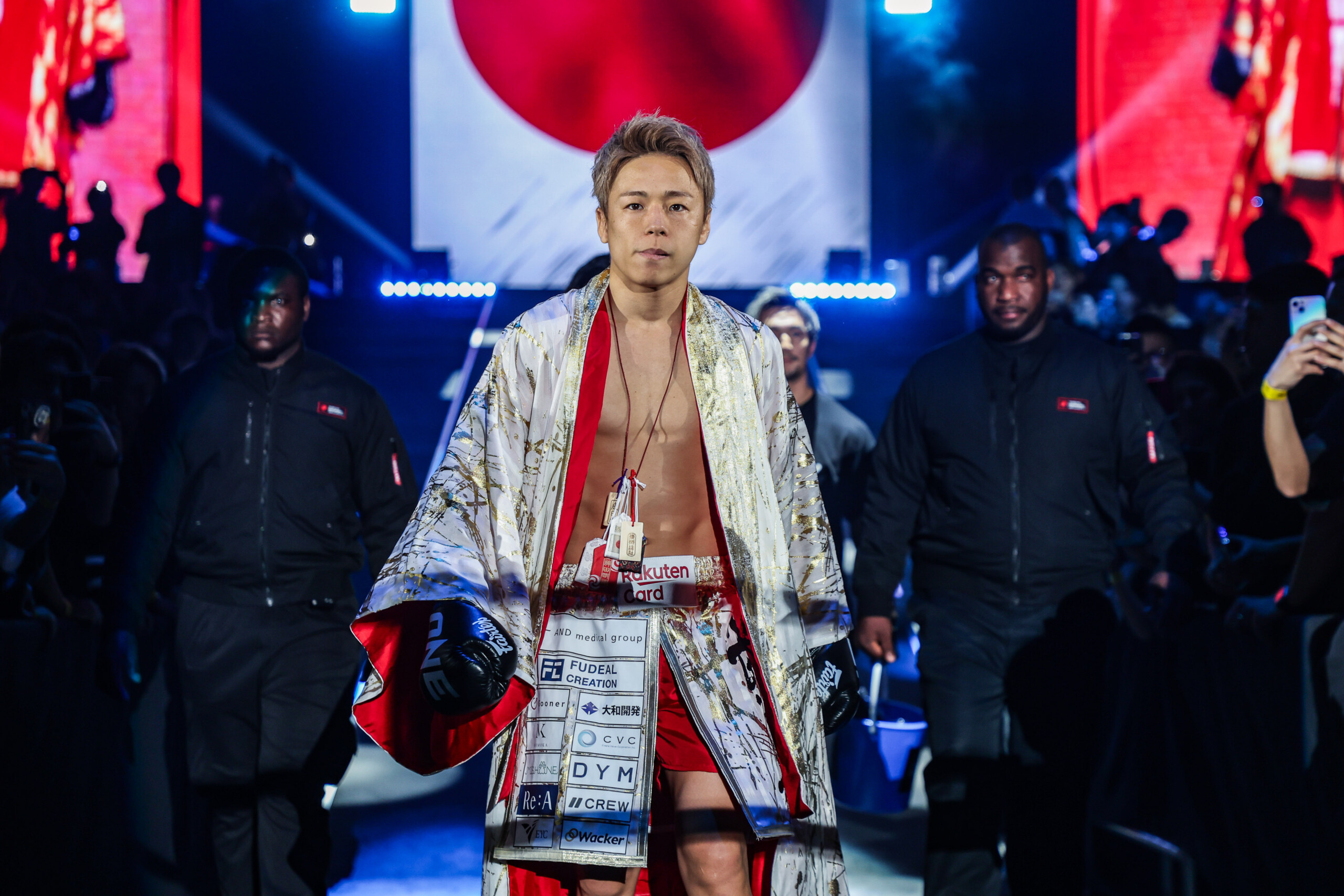
Former three-division K-1 Champion Takeru “Natural Born Krusher” Segawa has built a legendary career on devastating knockouts and striking clinics, but his toughest battles have taken place far from the spotlight.
Before he takes to the Circle in front of his home crowd in a flyweight kickboxing clash against Denis “The Bosnian Menace” Puric at ONE 173: Superbon vs. Noiri on Sunday, November 16, inside Tokyo’s Ariake Arena, the Japanese kickboxing icon is using his platform to shed light on a struggle that millions face in silence.
The 34-year-old has spent years managing his mental health while competing at the highest levels of combat sports. His medication, the pressure of expectations, the cruelty of online criticism, and the isolation of fighting alone – all of it nearly broke him.
However, he has discovered that vulnerability isn’t weakness. It’s the first step toward healing.
Fighting In Silence
Takeru’s battle with depression began during his high school years, casting a shadow over what should have been the prime of his youth.
When he turned professional and became a torchbearer for the Japanese martial arts scene, the pressure only amplified.
Behind every highlight-reel knockout and championship celebration was a young warrior fighting an invisible enemy that fans never saw.
“Natural Born Krusher” said:
“I first developed depression in high school, and I’ve struggled with these mental health issues throughout my professional career. After making my pro debut, I fought professionally while taking medication and battling mental illness.
“It wasn’t until I became champion that I was finally able to stop the medication. But as I kept winning, more people started supporting me, the attention grew, and the pressure intensified.”
Then came the Tenshin Nasukawa situation – a potential super-fight that consumed Japanese combat sports discourse for seven years.
While negotiations stalled and talks remained in limbo, a large fan base turned on Takeru.
Per the Team Vasileus man, those online attacks were relentless, and they cut deep:
“When the talk of this matchup simmered, some fans accused me of ducking Tenshin. So this led to a torrent of criticism and slander online. The more these online attacks escalated, the more I felt like I had nowhere left to escape mentally.
“Eventually, my depression flared up again, and I subsequently ended up developing panic disorder, too. I kept training without telling anyone.”
Despite fans making him a scapegoat, he powered on and battled a war on two fronts – preparing for world-class opponents while combating his own mind.
For almost 24 months, the Yonago native kept his struggle hidden. He showed up to the gym with a smile while drowning inside. He put on championship performances while barely holding himself together.
Takeru continued:
“I was fighting pretty much alone, so I felt quite isolated. I tried various treatments to get better, but nothing worked.”
Finding A New Perspective
When treatments failed and the darkness persisted, Takeru could have given up. However, traveling to the United States exposed him to a completely different way of thinking.
During his brief stint in America, he encountered fighters and coaches who weren’t afraid to acknowledge their challenges and welcomed any talk about mental health struggles with open hearts.
That shift in perspective changed everything for the former K-1 Champion:
“The best thing that happened to me was that I started training overseas. Going to America and being exposed to very different values and mindsets from those back home in Japan really helped.
“I encountered different characters seemingly steeped in open-mindedness. Everyone would openly share what they were thinking. Being exposed to that attitude really changed my way of thinking. That’s how I gradually got better.”
The battle was far from won, though. Mental health doesn’t work that way.
Even now, he experiences difficult days when depression kicks in. The big difference is that he’s learned to manage it, recognize the signs, and most importantly, not to fight alone anymore.
His teammates at Team Vasileus, including Yuki Yoza and ONE Interim Featherweight Kickboxing World Champion Masaaki Noiri, treat him normally – not with excessive concern, but with the same camaraderie they’ve always shared.
Meanwhile, his longtime sweetheart, Japanese actress Aoi Kawaguchi, with whom he recently tied the knot, has provided him with love, care, and acceptance of his tough battle outside the ring.
He said:
“My teammates treat me candidly without any of that walking-on-eggshells caginess, which is why I feel comfortable. As for my wife, she’s seen me suffer through this illness many times. She chose to be with me, knowing all that. She married me, so I really feel supported.”
A Message Of Strength
In a culture where discussing such issues often carries stigma, going public requires tremendous courage. But Takeru recognized that his platform came with responsibility.
The 34-year-old knew there were others out there sitting alone in their rooms, training in silence, and suffering without support, all of whom needed to hear that they weren’t alone.
He wanted to show them that depression and panic disorder don’t have to be the end of dreams. They’re obstacles, certainly – formidable ones – but not insurmountable walls.
The Japanese warrior said:
“There are actually a lot of people in Japan with the same illness, and they are suffering a lonely battle. I want to show them that even with this condition, one can compete in combat sports on the world stage and have results to show for it.
“Even now, when I’m not feeling well, I still get depressed sometimes. But I also want people to watch me overcome that. I hope it could be a source of strength for them, which is why I publicly disclosed my struggle with mental illnesses.”
By sharing his story, Takeru hopes others will acknowledge their own battles with mental health and reach out when things get tough. He has shown that asking for help isn’t a weakness, after all.
Most importantly, he has demonstrated that the fight doesn’t end when you’re diagnosed. In many ways, it’s just beginning.
The former three-division K-1 Champion concluded:
“Well, considering all that, I think part of why I’m fighting now is to show that, too. I’m doing it thinking, ‘Even with this illness, while battling it, I have to keep pushing to become the best in the world in combat sports.'”
